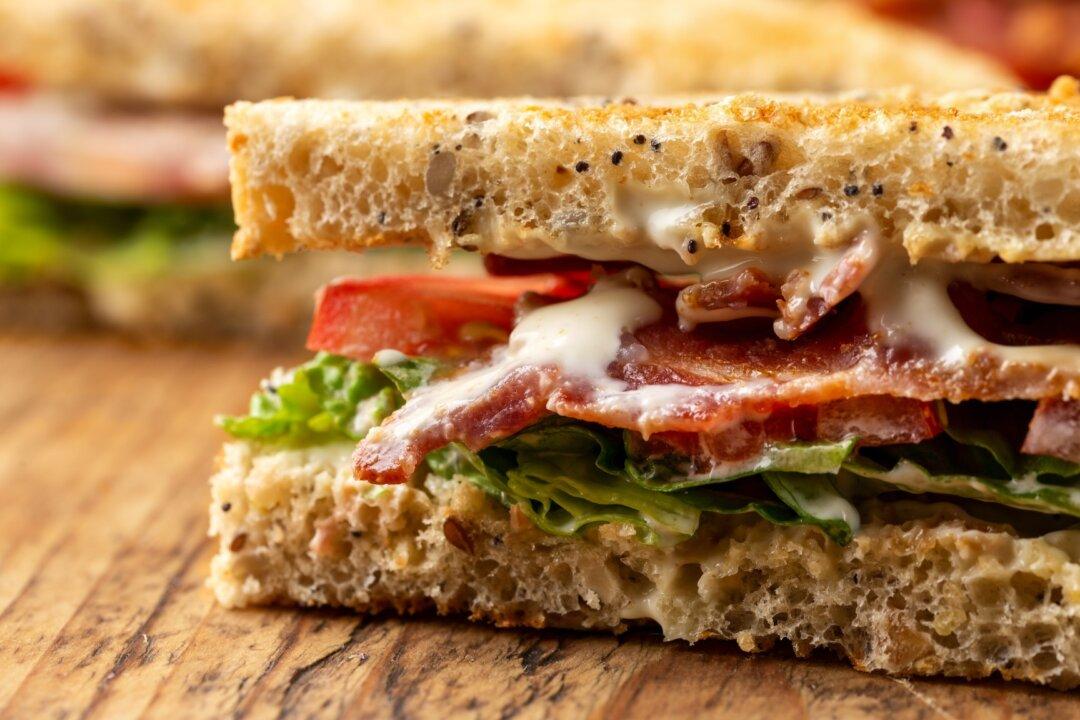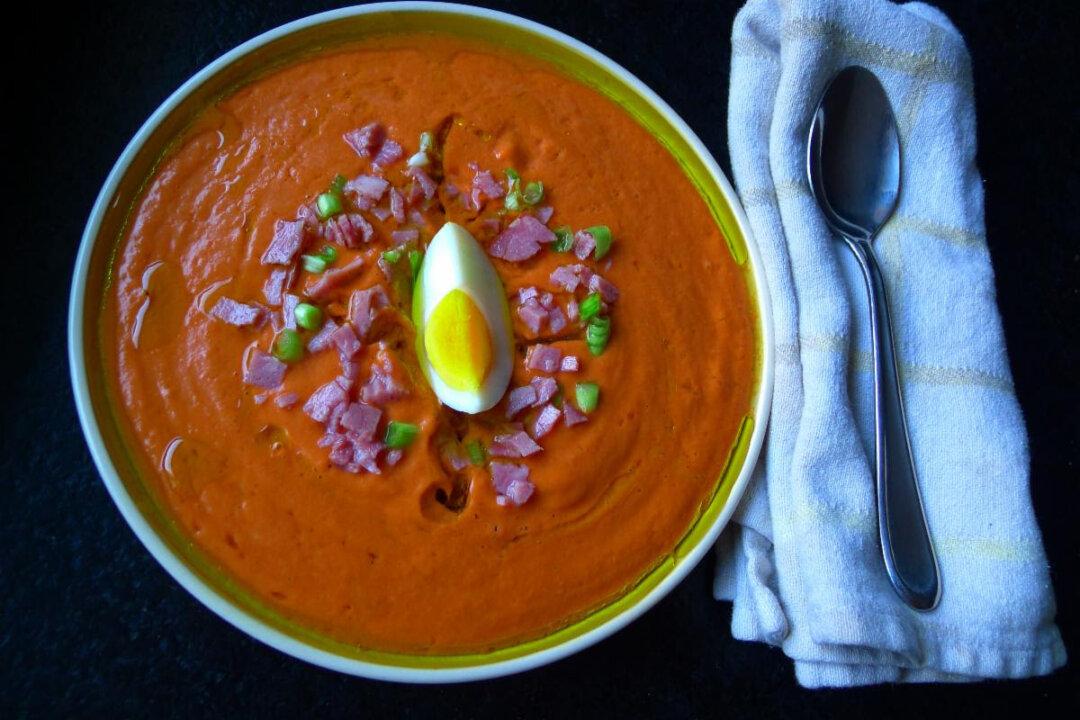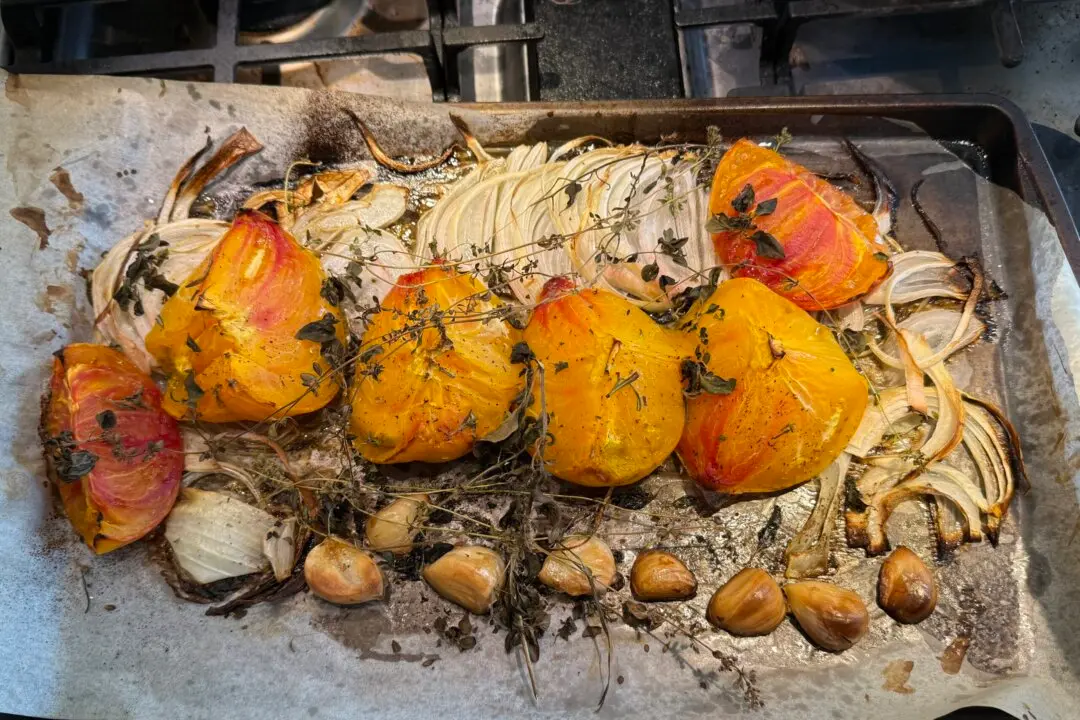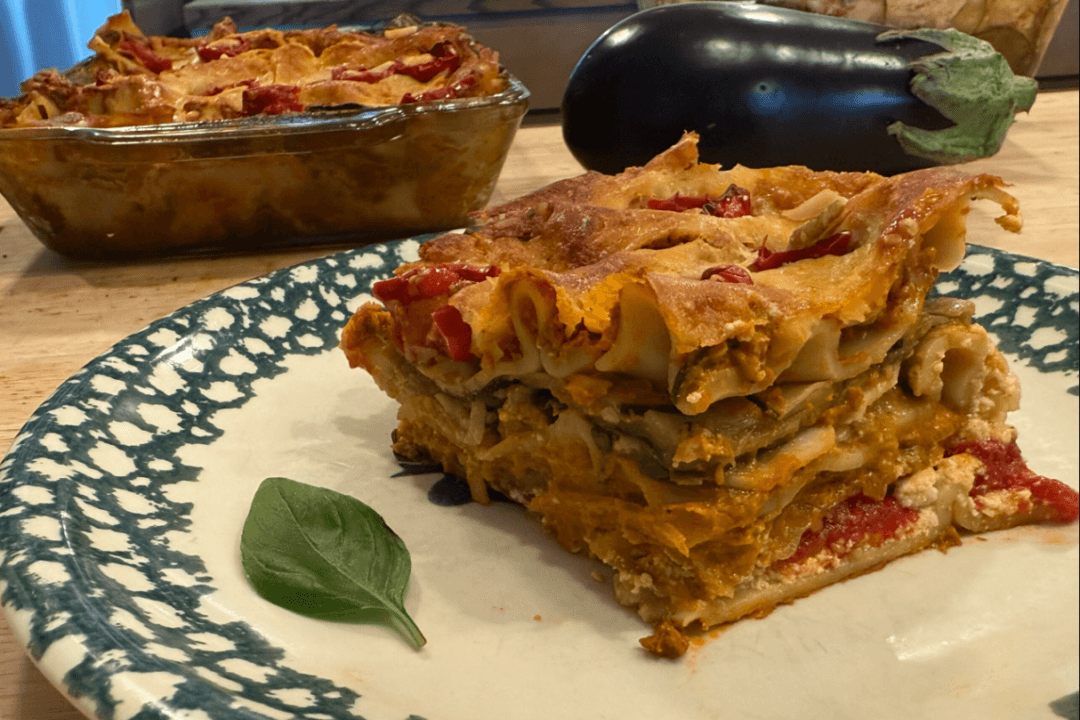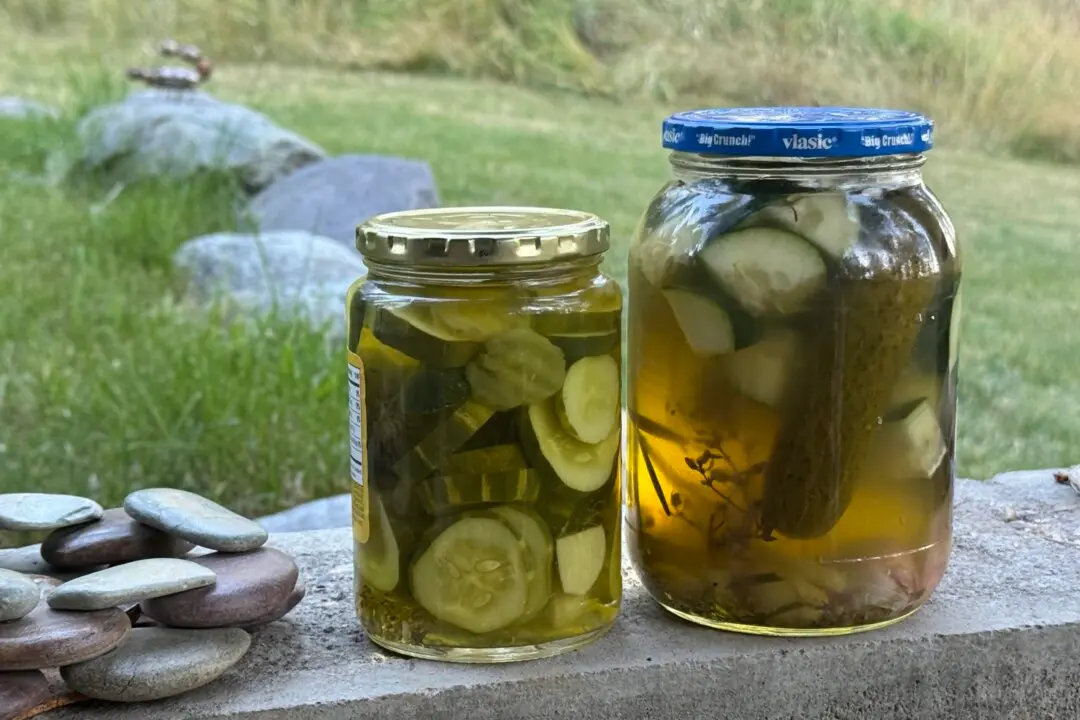A properly put together BLT is the Bruce Lee of sandwiches. It’s lean and light and full of fight.
Just a few strips of bacon is all the meat there is on the bones of this black-belt combination of tomato, onion, mayo, bacon, bread, and lettuce. By using finesse and precision instead of brute force, that elegant BLT can whoop a reuben, a turkey Swiss, a roast beef, you name it—maybe all at once.

